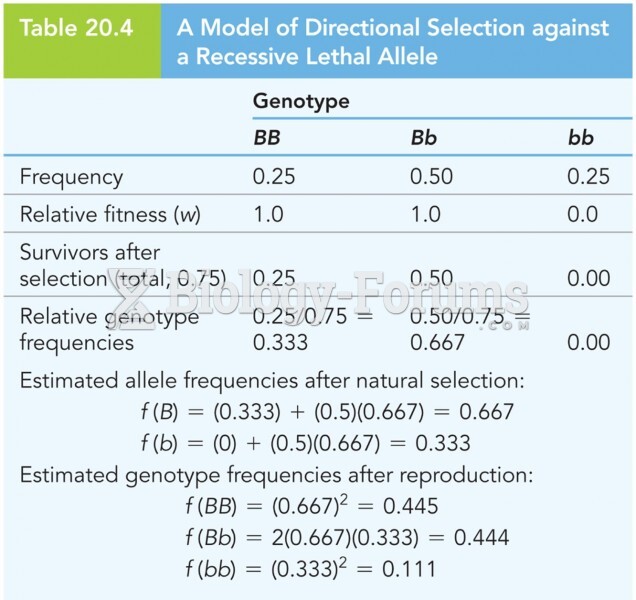Answer to Question 1
ANS: B
In the paid institutional model, the nurse is supported by a health care institution where nurses are paid either by the institution or shared salary with the congregation over time. In the paid congregational model, the development of a faith community nurse/health ministry program aris-es from the individual community of faith. The nurse is accountable to the faith community and its governing body. In the unpaid congregational model, the nurse is governed by the congrega-tion with no contractual support from any sponsoring health care institution. The nurse may ne-gotiate financial support for expenses. In the unpaid institutional model, the institution provides soft support in the form of continuing education and spiritual development; however, the nurse is not paid a salary and is governed by the congregation, who budgets for some expenses.
Answer to Question 2
ANS: A
In the paid congregational model, the development of a faith community nurse/health ministry program arises from the individual community of faith. The nurse is accountable to the faith community and its governing body. In the paid institutional model, the nurse is supported by a health care institution where nurses are paid either by the institution or shared salary with the congregation over time. In the unpaid congregational model, the nurse is governed by the con-gregation with no contractual support from any sponsoring health care institution. The nurse may negotiate financial support for expenses. In the unpaid institutional model, the institution pro-vides soft support in the form of continuing education and spiritual development; however, the nurse is not paid a salary and is governed by the congregation, who budgets for some expenses.







